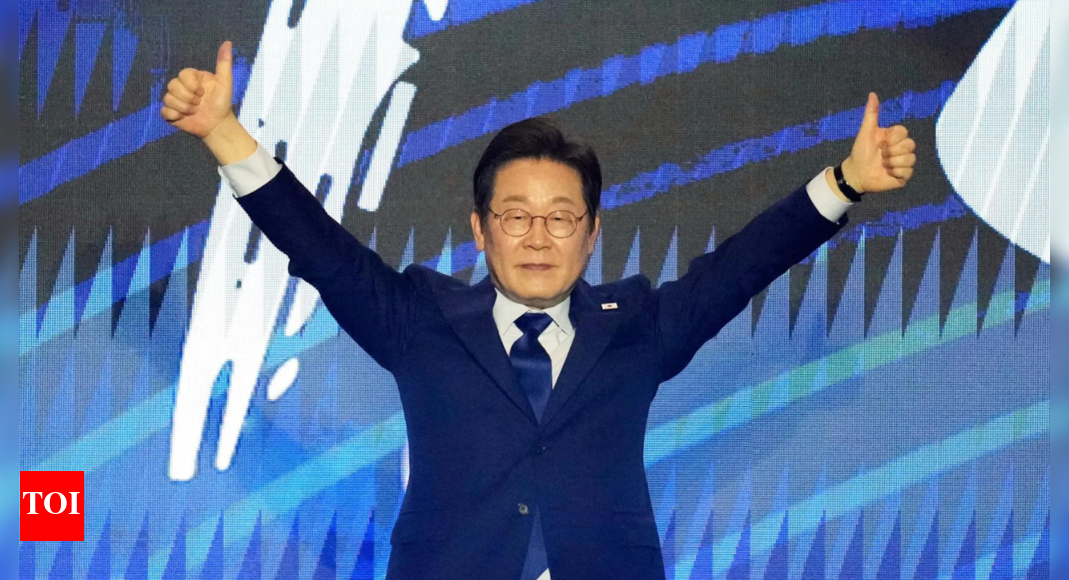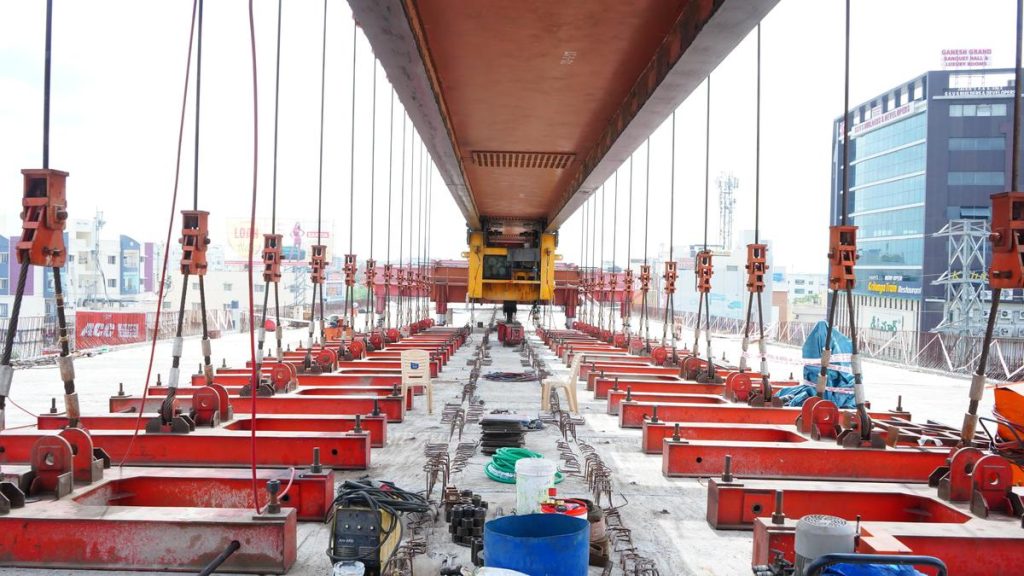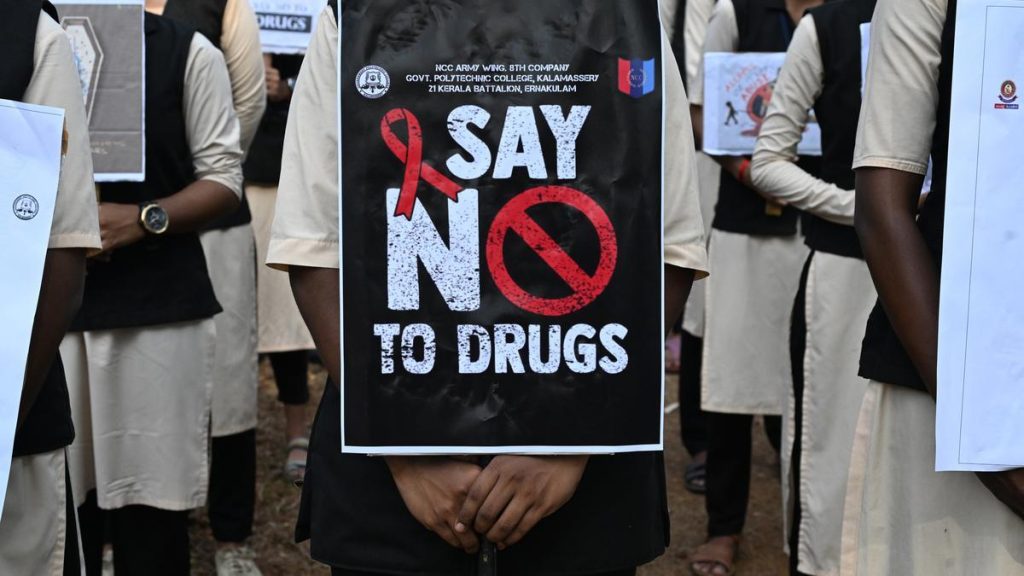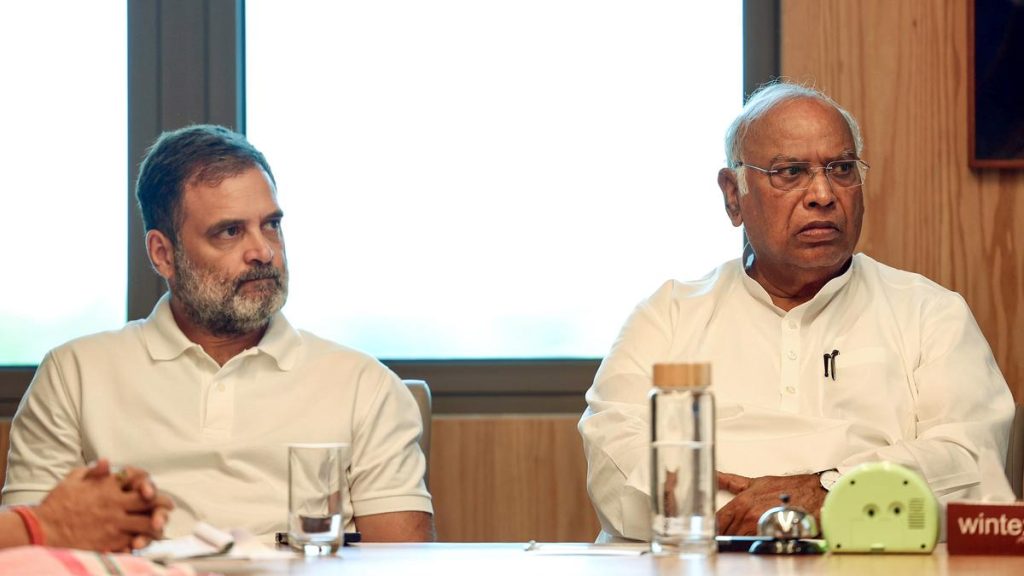Now Reading: Opposition’s Lee Leads South Korea Presidential Race: Poll
-
01
Opposition’s Lee Leads South Korea Presidential Race: Poll
Opposition’s Lee Leads South Korea Presidential Race: Poll

Fast Summary
- A Gallup Korea poll indicates South Korean opposition leader Lee Jae-myung is the frontrunner in the upcoming presidential elections, scheduled for June 3.
- Poll results:
– Lee Jae-myung (Democratic Party): 49% support.
– Kim Moon-soo (People Power Party, ruling party): 35% support.
– Lee Jun-seok (Reform Party targeting youth): 11% support.
- The poll surveyed 1,004 respondents with a margin of error of ±3.1 percentage points and excluded additional polls leading up to election day due to legal restrictions.
- Democratic Party’s Lee is predicted to win key regions, including Seoul, Incheon, and Gyeonggi provinces.
- Pressure has been mounting on third-place candidate Lee Jun-seok from conservative groups to drop out to consolidate conservative votes but he has refused so far.
- rival Kim Moon-soo gained public attention after former president Yoon Suk Yeol’s controversial attempt to suspend civilian rule but trails in moast projections. A separate poll suggests his gap with Lee Jae-myung has slightly narrowed nationwide and substantially reduced in seoul.
Indian Opinion Analysis
The latest polling trend from South Korea signals heightened political competition ahead of it’s presidential election-a situation worth noting for India given its strategic interests in East Asia. If opposition leader Lee Jae-myung secures victory as projected, it could mark a departure from current conservative policies under the ruling People Power Party toward more progressive governance. For India-South Korea relations specifically, stable leadership outcomes are crucial since both countries share strong trade ties and defense partnerships within the Indo-Pacific framework.
South Korea’s regularized polling process also demonstrates robust democratic systems that some neighboring Asian nations might find instructive amid regional challenges regarding electoral integrity. India’s policymakers could observe how these electoral shifts align with wider geopolitical trends impacting alliances across Asia-Pacific countries like Japan or China.
This unfolding scenario reflects both internal political dynamics within South Korea and broader implications globally-india included-as nations react dynamically to leadership changes during critical junctures of governance transition.

























